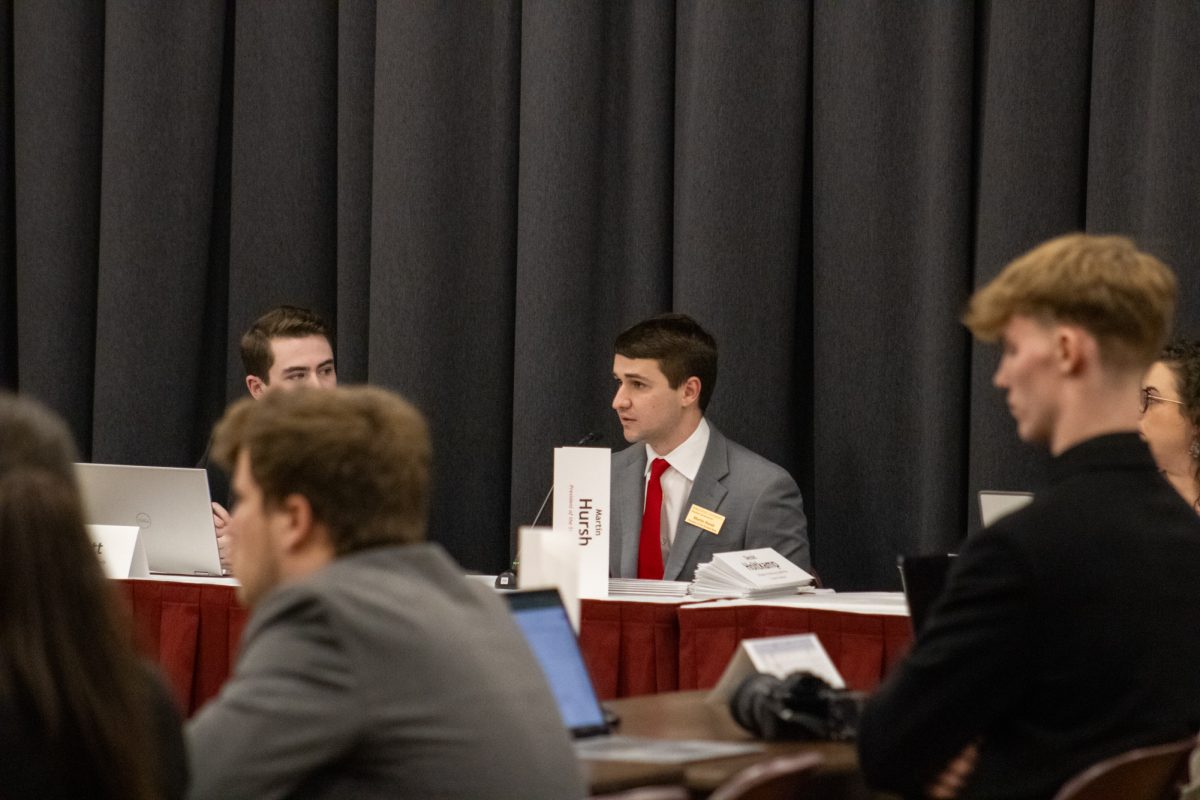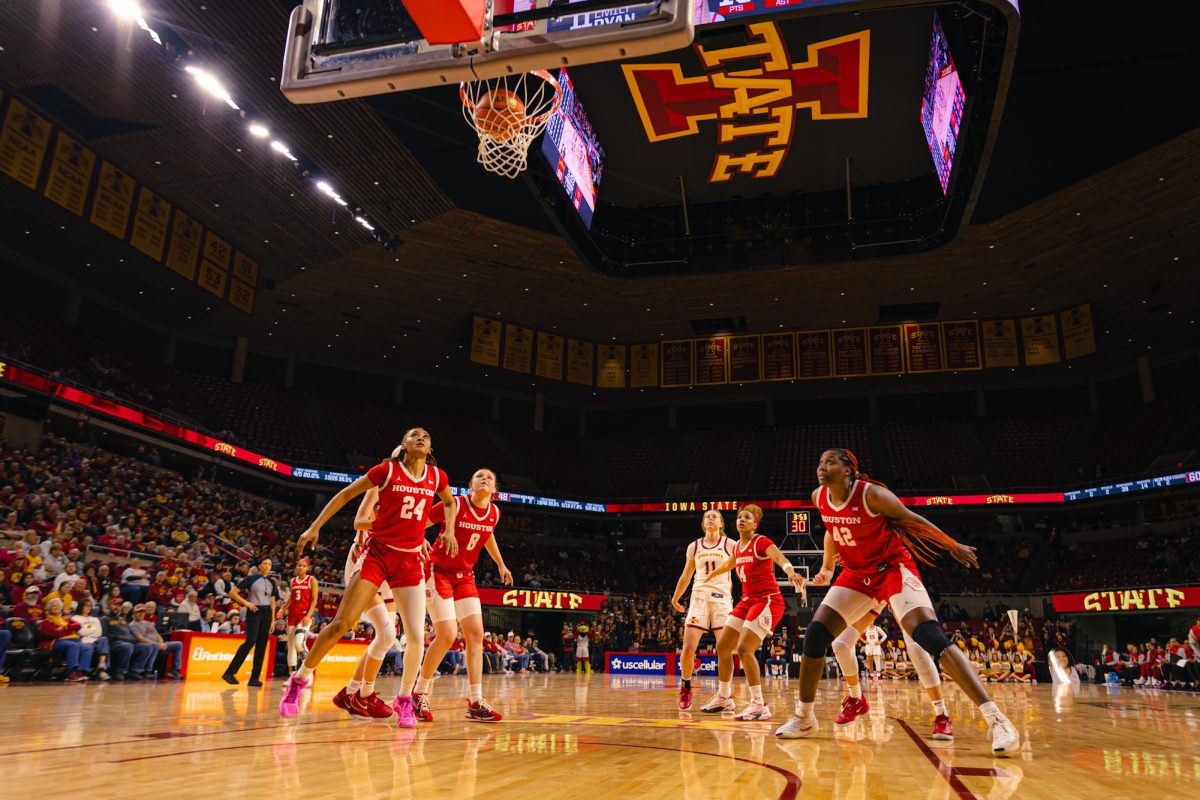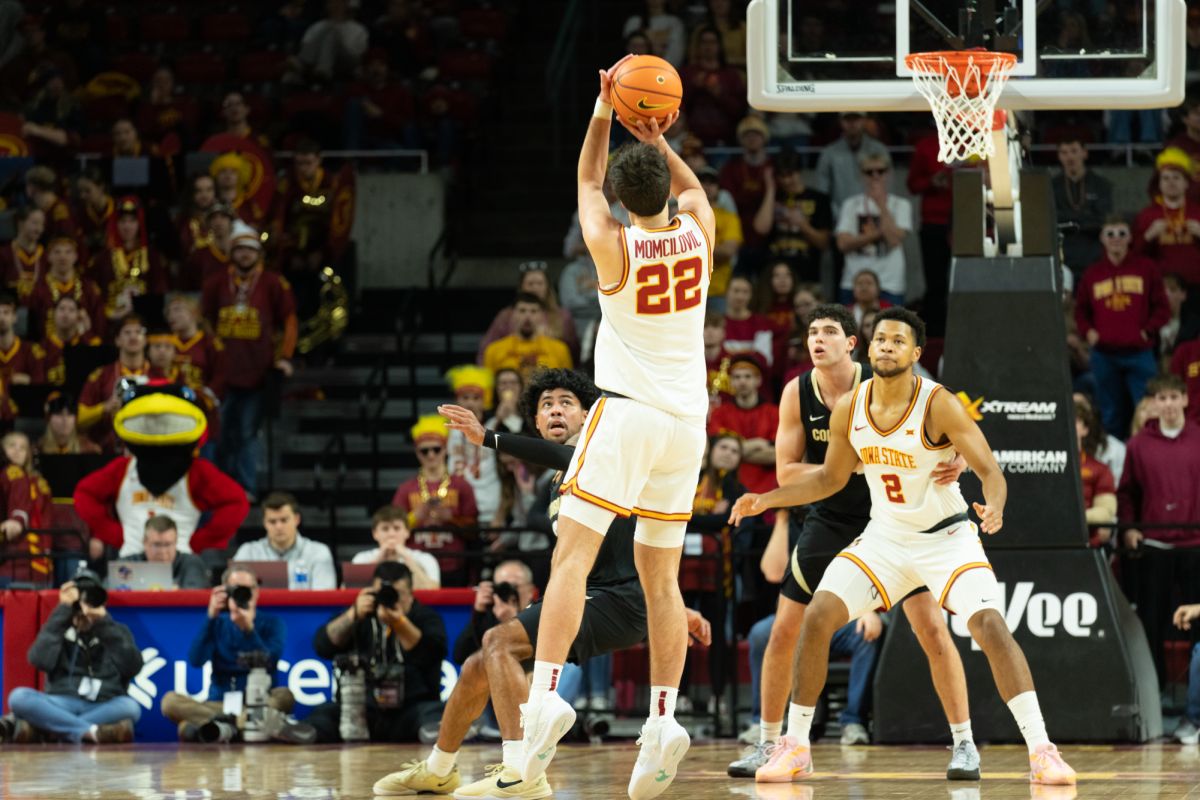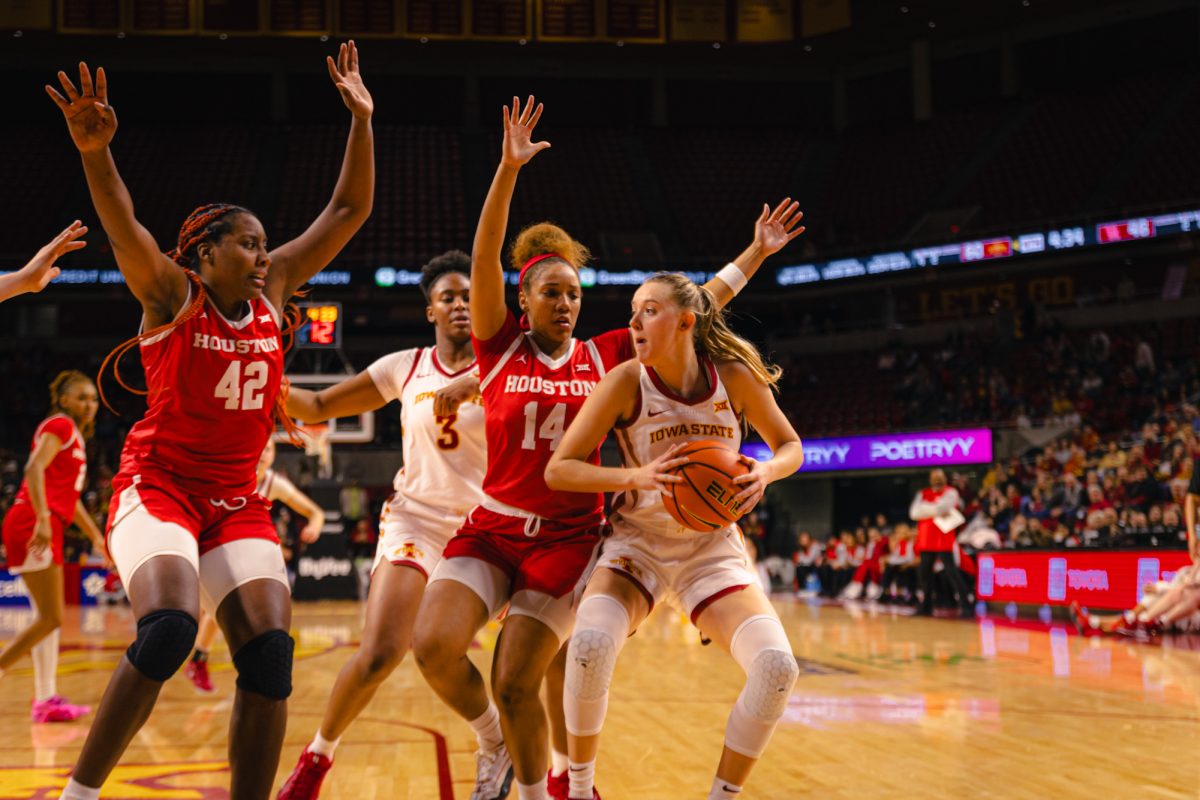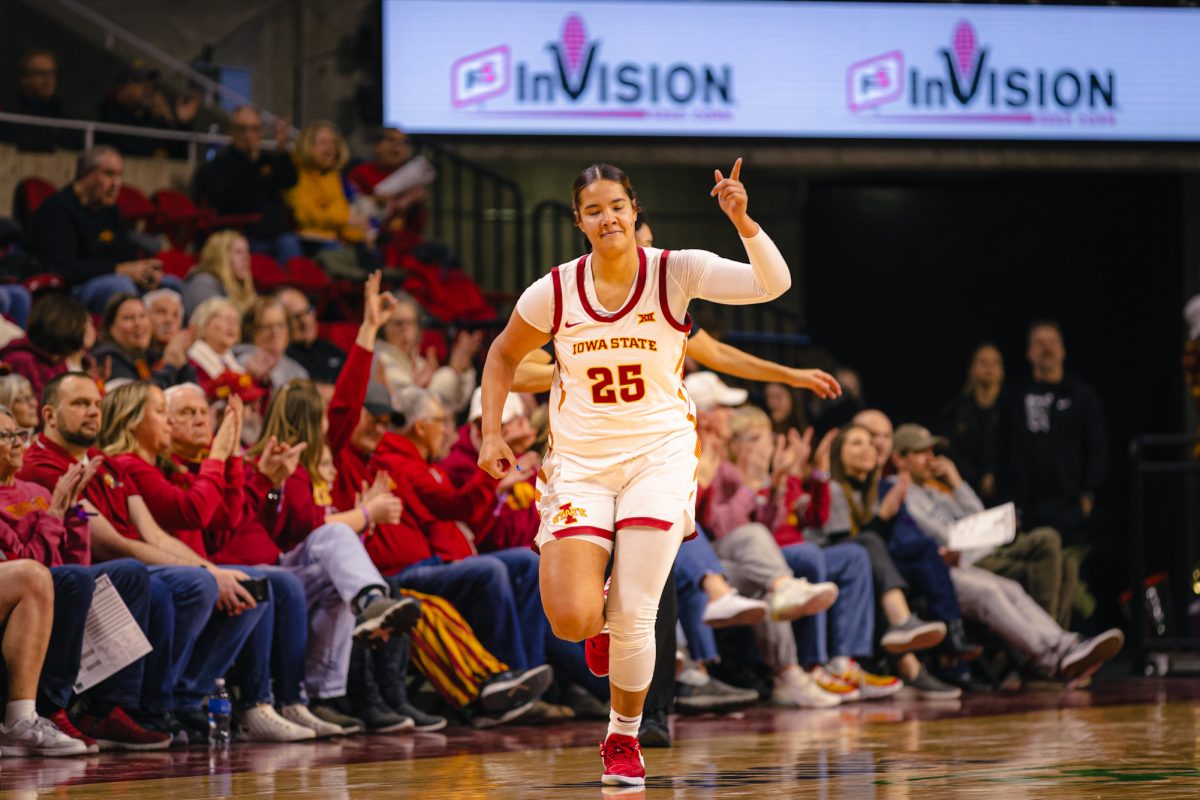Hill overcame segregation, Olympic bombing
February 15, 2007
Vice President for Student Affairs Tom Hill knows what it is like to stare in the face of adversity and be handed a medal for it.
Hill won the bronze medal in the 1972 Olympic Games for the 110-meter high hurdles – just one accomplishment in a life of many.
Hill was born and raised in a still-segregated New Orleans housing project called Magnolia Project – which has since been renamed to the C.J. Peete housing development after Hurricane Katrina closed it down. Hill was one of five children raised by his mother, Mattie Hill.
Hill said the times were different and discrimination was an unfortunate part of life. Hill recalls a time when the buses would be segregated by a sign only whites could move, allowing any white patrons to have even 10 empty rows behind them, while the back of the bus would be packed with blacks. Hill attended a segregated public school where only used, outdated textbooks were available. Segregation also affected how one chose a college.
“When you were looking for colleges, you would know to choose black colleges, but then things changed [with the civil rights movement],” Hill said.
Hill attended the public school system until 1967, and was accepted by the newly desegregated Arkansas State University on an athletic scholarship. Hill graduated from Arkansas State with a degree in physical education in 1972.
Before graduation, Hill had earned the title of No. 1 high hurdler in the world in 1970. Unfortunately, Hill said he had been sidelined in 1971 with a possible “career-ending injury,” a torn ligament in his right knee.
Hill didn’t run at all in 1971, but in 1972 he began training for the upcoming Olympic Games, with the hope of competing in the high hurdles.
The selection process for the Olympics is similar to the actual games themselves – there are trial runs, followed by the finals. To be accepted, one has to be in the top three in any event. Hill came in third in the high hurdles, a great accomplishment, considering his injury.
Hill said he made the qualifying time of 13.8 seconds in his first or second time out.
“That was a huge accomplishment because a year before I couldn’t run. My goal at every meet was to be in the top three. I wanted to do no worse than third.”
At the Olympic Games in Munich, Germany, tragedy struck. A Palestinian terrorist group called Black September attacked the competitors’ quarters, killing 11 Israelis.
The attacks have since been dubbed the Olympic Massacre. Given the situation, the coaches tried to keep the athletes on task, reminding them they were there to participate in the centuries-old tradition of competition.
“The coaches tried to keep us focused on what we were there for – to run. We didn’t know as much as the people back home did, but we knew that if they wanted to do us harm, they could do it. But we were all there to compete,” Hill said.
Hill would go on to get third in the 110 high hurdles, and a fellow American took home the gold.
“It was a great feeling – you’re in a foreign country and they are playing ‘The Star Spangled Banner’ at the ceremony. It was a great feeling. I do wish I could have been on the gold medal stand – that was my mission – but I still didn’t walk away empty-handed,” Hill said.
After graduation, Hill was commissioned as a second lieutenant in the Army, stationed at Fort Hood, Texas.
Having won the bronze medal in Munich led to Hill’s becoming a staff member at West Point in New York from 1972 to 1976. The West Point track coach – an Iowa native – found out about Hill because of his Olympic accomplishment.
“I thought – Fort Hood or West Point? – Yes!” Hill said.
While staffing West Point, he earned a master’s degree from Long Island University in New York. At this time, he returned to Arkansas, but not for long.
He soon attended the University of Florida, where he earned his Ph.D. in counselor education in 1985.
He continued with employment at Tulane University in Louisiana, serving the University of Oklahoma as assistant athletic director and, after four years, as the dean of students at the University of Florida until he became the vice president for student affairs at Iowa State in 1997.
Hill still has vivid memories of those tumultuous days in the Olympics, recalling the entire series of events – running the gamut from ecstatic highs to deadly lows. Hill is aware of how it has shaped his life.
“Something that significant affects everything in so many ways. You’re talking about a life-changing event. Doors were opened.
“It’s not every day that you see someone walking around [who has won] an Olympic medal. But what you do with it depends on you,” Hill said.
As one can imagine, winning a medal would naturally boost a person’s self-image.
“There was a point when I thought there was nothing I couldn’t do,” Hill said.
The experience has made an indelible impression on Hill’s life, such as lifelong friends. Two weeks ago, Hill was reunited with his Olympic Games roommate. He said it was like nothing had changed.
“He’s got kids, I’ve got kids, we’ve grown. It’s a unique connection,” Hill said.
Hill said his feeling of achievement on the track has helped him throughout his life.
As ISU vice president for student affairs, Hill has been presented with different challenges, among them the task of pulling the administrational division together and getting staff members to work better as a unit.
Hill also focuses on retaining ethnic students, developing the Iowa State Conference on Race and Ethnicity program and working with the Multicultural Vision Awards program. Hill said the biggest challenge is changing from being the dean of students to the vice president.
“It’s all about background, being around, seeing things – the view is very different when you’re in the seat. I had a lot to learn. Your basic job as dean is to be out there with the students. [With this job] you have to find balance and seek that interaction with students. I really like that. That’s why I got into this business.” Hill said.
Some current challenges include dealing with the Memorial Union renovation, student enrollment and student tuition, along with getting the Student Success Program going. Hill said the challenges are “very different and exciting.”
Colleague Todd Holcomb, associate vice president for student affairs, said Hill brings a characteristically athletic enthusiasm to the division.
“I think that Dr. Hill brings a high level of excitement to the student affairs office in a comprehensive way, constantly advocating for students. Sometimes students will never see how the decisions he makes affects them, but he is always advocating for the student,” Holcomb said.
Hill said he feels his biggest goal of contributing to Iowa State is to make the student affairs office serve the students better.
“My goal, my contribution, is to help the division become recognized as one of the best student affairs offices in the country. If you do that, then you are really helping the student. The goal is to have a student-centered division,” Hill said.


